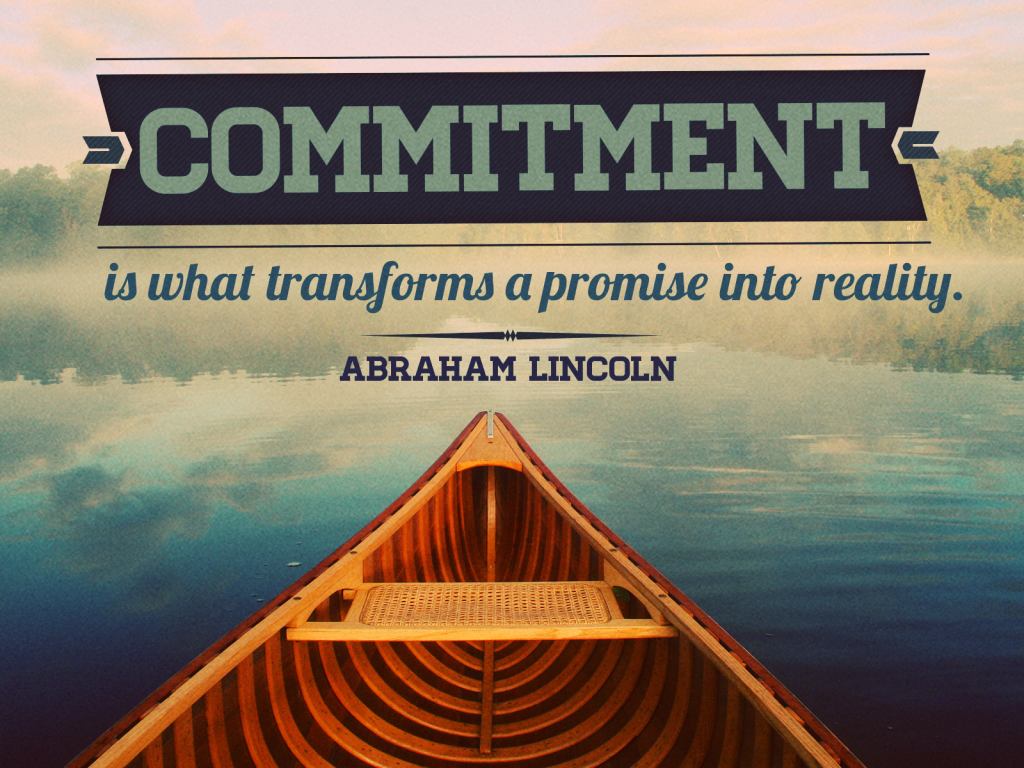For many of us we spend an abundant amount of time scrolling through Amazon searching and shopping for the perfect gift for our partners— Something that will tell them that they are special and that we were thinking specifically about them. Sometimes we even consider breaking the budget and going all in on a gift that will surely make them feel loved. But what if I were to tell you that there is a gift that you could give your partner that would be guaranteed to make them feel just that–special, thought of and loved–and it wouldn’t cost you anything? That my friends, is the power of gratitude.
The truth is that there is a gift that we fail to give at times but it is a fundamental building block to every healthy relationship—the gift of gratitude. This is a gift that is so powerful that is has been deemed according to Dr. John Gottman, a leading Psychologist and Researcher, to be the antidote or cure for contempt (which he refers to as the most dangerous indicator of divorce). Gratitude is an essential part in sustaining any relationship and when expressed can make a profound difference in changing the negative tone and perspective that at times can override our relationships. Gratitude can change how we think and feel about our partners. It helps change our mode of thinking from scanning the environment for people’s mistakes and then correcting them to scanning the environment for what one’s partner is doing right and building a culture of appreciation, fondness, affection and respect.
Anytime you acknowledge and express gratitude for something your partner has done (ie ‘Thanks for picking up the kids’ or “Thanks for doing the laundry”) it is an absolute positive way to strengthen your relationship. However, there is something magical when your gratitude is tied to the positive aspects of your partner’s personality. (ie “Thanks for being [involved, reliable, dependable, understanding] and picking up the kids” or “Thanks for being so [supportive, resourceful, caring, receptive] and doing the laundry”). It is a game changer when they feel seen and recognized for the positive personality traits that they have and it is important to acknowledge the positive aspects of your partner’s personality. Just reading “Thanks for being dedicated and taking the time to read this article” out loud you can recognize in yourself what a positive affect that has. You feel really good at your core. It makes a huge difference to you and to your partner.
Now, in case you lamenting right now and perhaps are one of the many that I have heard on occasion comment –“Man, I wish my partner would learn to do that!” You are in luck. You can be the difference maker and do not need to wait until your partner reads this article. The studies have shown that just by one partner practicing a new behavioral interaction such as this form of personality gratitude for about two weeks–the other is highly likely to reciprocate the behavior. Not that your goal in sharing your gratitude should be reciprocity–in fact, even when the gratitude is not returned, the person who expresses the gratitude exhibits higher level of happiness and connection. That is a powerful gift for the receiver and for the giver.
So, how can you access this power of gratitude in your relationship? It is a new process and a new way of thinking to incorporate expressing gratitude and anything that is new isn’t always easy. The nice part is that the following is an exercise that you can do in real time now or is just as powerful in looking back in the past. Take a few moments and think about the selected aspects of your partner’s personality or even a friend, child or coworker. {This is a gift that works for everyone!} Below I will put down a list of a few, but there are tons more. Circle a few (3-5) items that you think are characteristic of the person at times–even slightly. For each word you circled, think of an actual incident that illustrates this characteristic of your partner. Write down a note about this incident and share it with them. It can be hard to recognize and implement this in real time but no matter when it is recognized whether it is something you witnessed today or 5 years ago, the power comes in that the gratitude was witnessed and shared.
Loving Sensitive Brave Intelligent Thoughtful
Generous Loyal Truthful Strong Energetic
Sexy Decisive Creative Fun Attractive
Considerate Imaginative Interesting Supportive Funny
Resourceful Athletic Cheerful Graceful Caring
Exciting Thrifty Vulnerable Committed Careful
Involved Reliable Responsible Nurturing Gentle
Dependable Kind Practical Calm Sweet
Powerful Flexible Receptive Protective Understanding
Gratitude is not only a fundamental key in maintaining and sustaining a happy and healthy relationship, it is also a powerful gift for the giver and the receiver. It allows you to change your perspective from one of criticism of weaknesses and mistakes to one that fosters fondness and admiration for the goodness that exists in this world, in your partner and in you. Add more of the power of gratitude in your life and relationship today! If you have found this blog to be helpful to you, please like and share. Thanks!


















